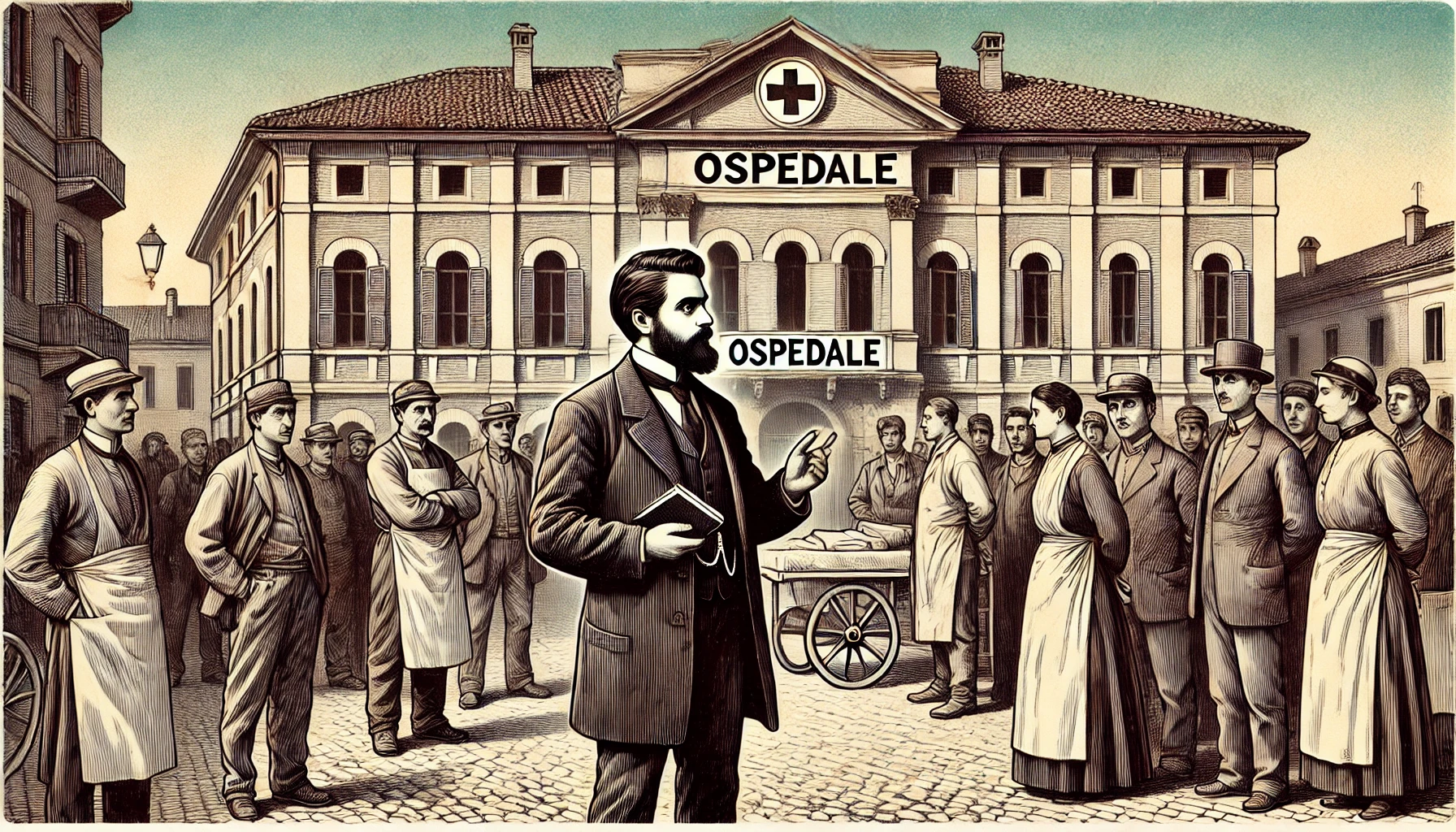Das Kapital: A Cheat Sheet for Modern Revolutionaries
Karl Marx’s Das Kapital is often considered the Bible of Marxist thought, but let’s be honest—it’s not exactly a page-turner. Most readers start with good intentions, only to get lost somewhere between “commodity fetishism” and “surplus value.” But fear not! Here’s a cheat sheet to help modern revolutionaries decode Marx’s dense prose.
First, the basics: Marx argued that capitalism is inherently exploitative. Workers create value, but capitalists (aka the bosses) pocket the profits. This process, called surplus value, is the engine of capitalism—and the source of its contradictions. Translation? You work hard, your boss gets rich, and the system pats itself on the back for being “efficient.”
One of Marx’s key ideas is commodity fetishism. No, it’s not as scandalous as it sounds. It’s the idea that under capitalism, we value objects for their price rather than their purpose. A $1,000 handbag isn’t special because it holds your stuff—it’s special because it costs $1,000. Marx would probably laugh (and cry) at today’s obsession with branded goods.
Another highlight is Marx’s theory of crisis. He believed that capitalism’s drive for profit leads to periodic collapses—think housing bubbles, stock market crashes, or crypto scams. Every time the system tries to “fix” itself, it just lays the groundwork for the next disaster.
For modern revolutionaries, Das Kapital isn’t just a critique of capitalism; it’s a roadmap for change. Marx argued that the contradictions of capitalism would eventually lead to its downfall, paving the way for a more equitable society.
So, the next time you’re stuck in a boring meeting or scrolling through overpriced gadgets, remember Marx’s advice: don’t fetishize the commodity—seize the means of production!



